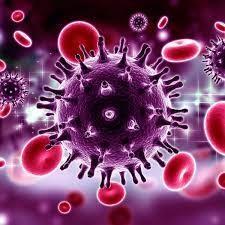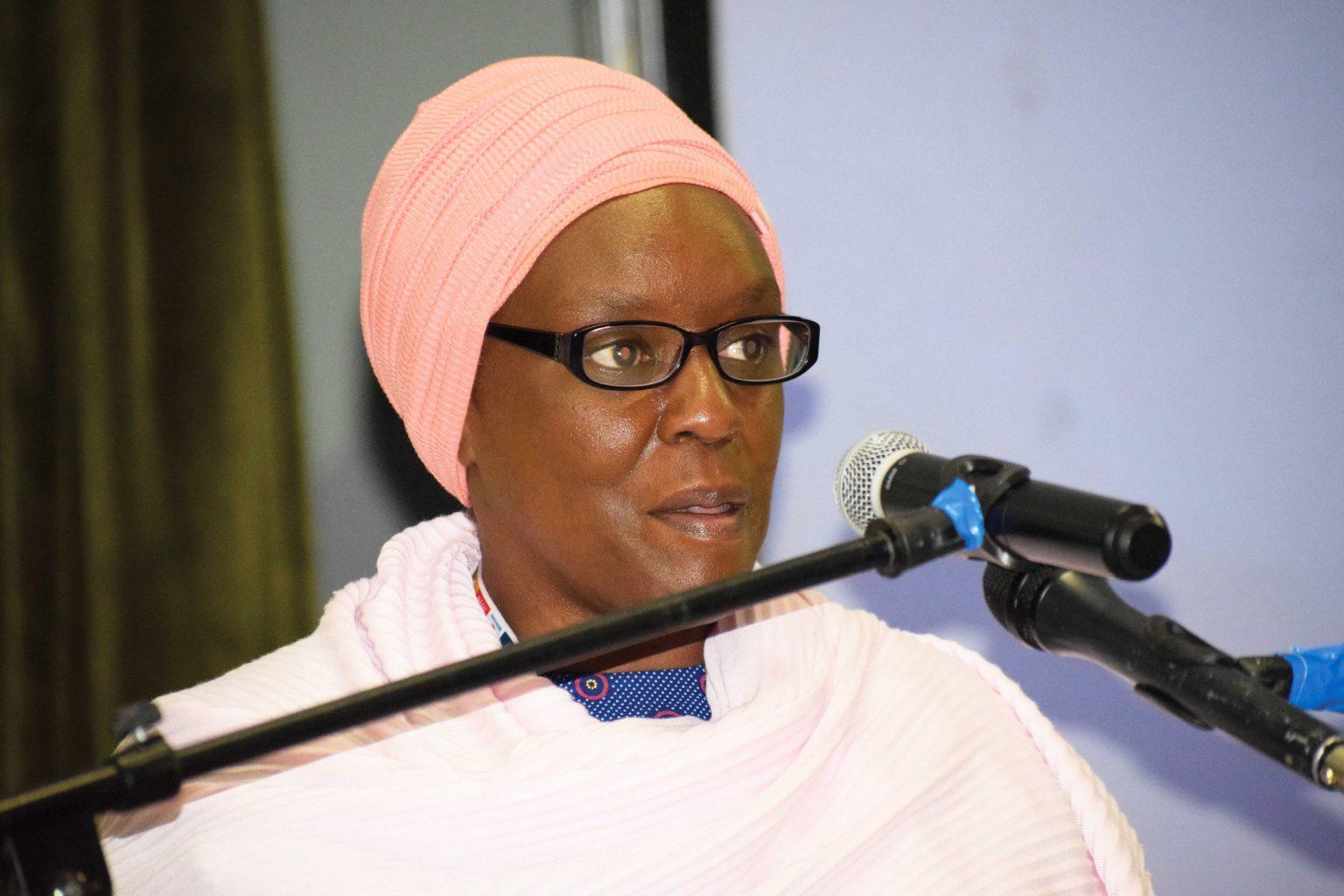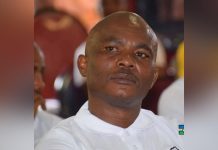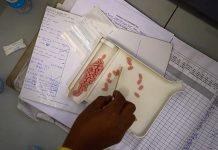Africa-Press – Lesotho. ACROSS the world, the outbreak of Covid-19 and attendant challenges massively disrupted access to Sexual and Reproductive Health and Rights (SRHR) services, particularly for young people.
However, in Lesotho, the 2gether4SRH programme achieved some of its goals despite the outbreak of the pandemic. According to the Minister of Health, Semano Sekatle, authorities and campaigners used outreach programme campaigns to reach adolescent girls and young women.
Gender Based Violence (GBV) was successfully integrated into the health system while the capacity of frontline health workers was enhanced. Sekatle revealed this at a gathering to amplify lessons learnt from the implementation of the joint programme to strengthen the integration of SRHR/HIV and GBV by 2021.
SRH Manager in the Ministry of Health, Motsoanku ‘Mefane, said the objectives of the meeting were to take stock of the progress made in SRHR/HIV/GBV services in Lesotho, review the contribution to SRHR/HIV/GBV integration of services and indicators between 2018 and 2021, advocate for the scaling up of promising interventions and to explore pathways for sustainability of SRHR/HIV/GBV in the country.
2gether4SRH is a three year programme that was funded by the Swedish International Development Cooperation Agency (SIDA) to accelerate actions on Sustainable Development Goals (SDGs) 3 and 5 (health and gender equality).
UNFPA SRHR coordinator, Blandinah Motaung, said the project’s goal was to scale up quality integrated SRHR/HIV and GBV services so that all people, particularly women, adolescent girls, young people and key populations could exercise their SRH rights.
The goal also included reducing the unmet need for family planning and improving access to integrated SRHR/HIV and SGBV services. The programme brought together the collective and combined strengths of the health ministry, through the Family Health Division and four United Nations agencies and entities (UNAIDS, UNFPA, UNICEF and WHO).
These participating UN agencies have worked with the government and multiple stakeholders such as Civil Society Organizations (CSOs), youth groups, existing community structures and the private sector to empower adolescents, young people and key populations through strategies that included communication for development (community and social mobilisation) and innovations to generate evidence for the government scale-up.
Sekatle said the advent of Covid-19 resulted in financial resources being diverted to fight the pandemic “ignoring our responsibilities towards other diseases such as HIV and many others.
If it wasn’t for this project, one can imagine where we would have been. ” He said evidence showed that the project helped the country “achieve a lot”.
“Because of generosity and efforts, we have achieved many things,” said Sekatle.
He said a recent survey shows that Lesotho is in control of the HIV epidemic after the country achieved UN goals of 90-90-90 and is on course to achieving the 95-95-95 goals.
“Very soon we will be able to achieve them,” said Sekatle. The 90-90-90 is a concept introduced by the United Nation’s programme on HIV/AIDS IN 2013.
The concept said by 2020, 90 percent of people who were HIV infected would be diagnosed, 90 percent of people who were diagnosed would be on antiretroviral treatment and 90 percent of those who received antiretroviral would be virally suppressed.
The 95-95-95 concept is the country’s goal targeted of having 95 percent of HIV positive people knowing their status and to be on treatment and those on treatment should be virally suppressed by 2023.
Sekatle assured the nation that the funding has been put to good use. “Everyone in the ministry is committed to ensuring that SRH and GBV among adolescent girls and young women have been taken on board to ensure that they are not left behind anymore,” he said.
Director General of the Ministry of Health Dr ’Nyane Letsie said the country has recorded some progress. “We are very far from our destination (but) we will get there. It is just a matter of time,” said Dr Letsie.
The United Nations Resident Coordinator, Amanda Khozi Mukwashi, said while the progress is worth celebrating, people should bear in mind that Lesotho still has the second highest HIV prevalence rate in the world.
The country also has the third highest sexual rape rate against girls and women per capita in the world while 44 percent of people in prison are sexual offenders, and in some districts that number rises to almost 70 percent.
She said Lesotho ranks top in Africa in terms of homicides per capita. “When all those statistics are put together, what is left is the context that shows the importance of this project. We have an incredible mountain to climb,” said Mukwashi. “GBV robs our women, girls and indeed every single one of us of our dignity and our lives. ”
She said a 2019/20 Commonwealth study shows that GBV in Lesotho is not just hindering development, but costing the government and Basotho about M1.9 billion annually in healthcare costs, production, education, food security and other issues.
She said Lesotho was one of the five countries selected by SIDA to benefit from the project. “I am hoping this is just the beginning to try and address these issues collaboratively.
I believe the lessons learnt from this project will be used for guidance for the implementation of future programming. ” She commended the SRHR joint project for mainstreaming issues related to GBV, even though targets for integrating GBV into the health system were not achieved to the required level.
“More efforts (should) be directed towards this area as GBV is a challenge in this country. It needs a multi-sectoral approach. Let us jointly continue to address this issue and put an end to GBV,” she said, pledging the continued support of theUN agencies.
World Health Organization SRH Officer, Thato Seutloali, said Lesotho has made significant gains in the provision of SRHR/HIV/SGVBV services through the implementation of the programme.
She said an enabling environment has been created through the multi-sectoral development of strategic documents and guidelines; the new National HIV Policy (2019), the National HIV Operational Plan (2020-23), the District Aids Fast Track Plans (DAP), National Family Planning Guidelines (2021), GBV Training Manual (2021) for standardisation of GBV training programmes, Health Sector Performance Review Guidelines (2021) and the Accelerated Action Plan for Adolescent Health (AA-HA!) Lesotho (2021).
However, on policy framework and guidelines, she recommended “facilities should improve on the utilisation of guidelines and standards that are currently in place.
There is also a need for MoH to continue reviewing standards, procedures and policies. ” Maseru District Administrator, Mpane Nthunya, said SRHR, HIV and GBV are matters of public concern.
“I wish to thank the funders of this programme and if possible, I would request funding extension that will enhance the realisation of integrated SRHR/HIV/GBV services by all, including herd boys out there in the mountains.


For More News And Analysis About Lesotho Follow Africa-Press






